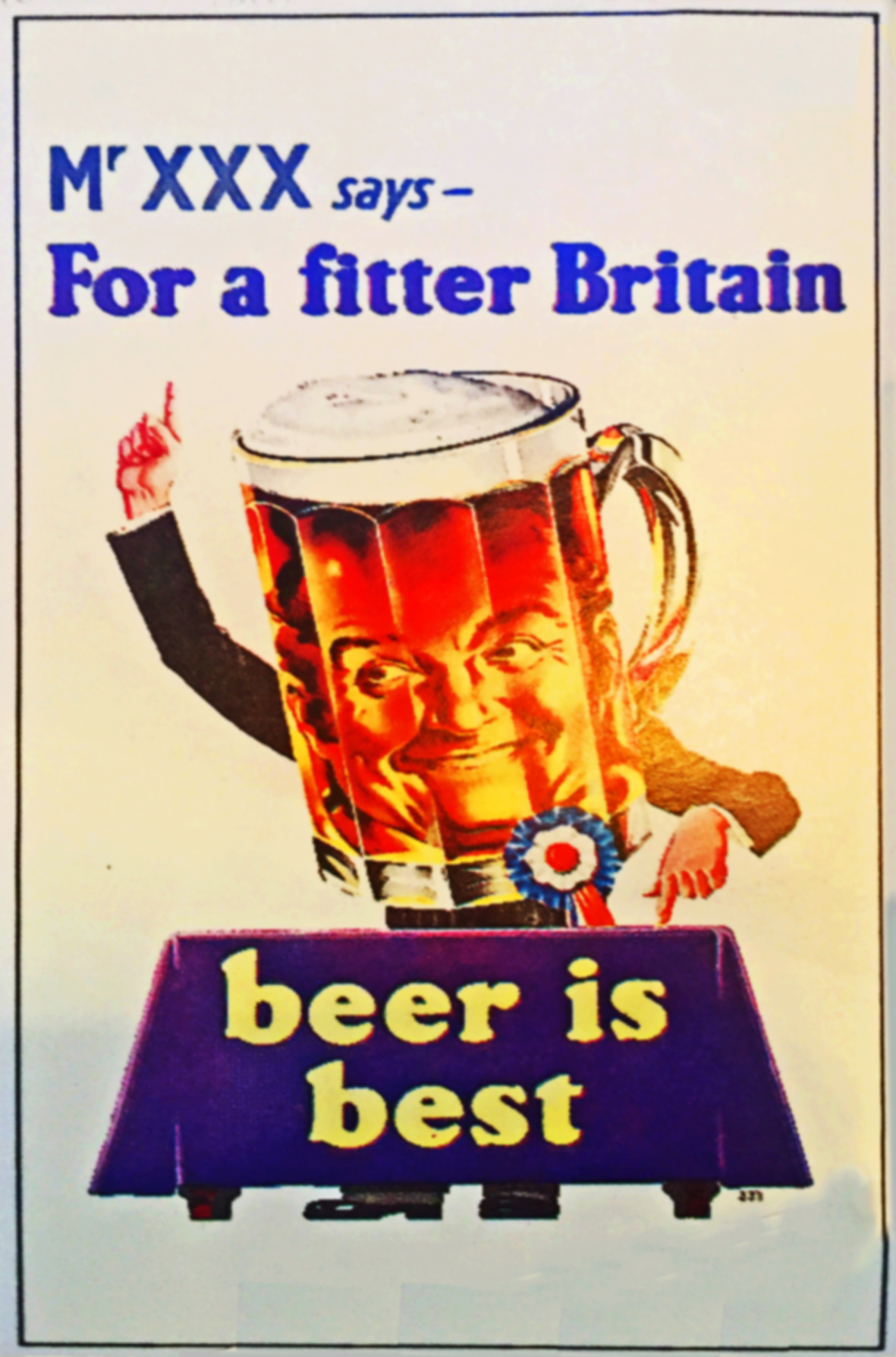If I took £18 from your pocket but told you that you were now actually better off as a result of my relieving you of your money, because I was giving £34 to the local hospital, you would, I think, decide I was either an idiot or a not very good conman.
This, however, is the sleight of hand being attempted by the militant anti-drink campaigners at the deliberately blandly named Institute of Alcohol Studies in its nonsensical report, published today, insisting that raising alcohol taxes would not “disproportionally” affect the poor, because of the “potential additional funds generated for the NHS”.
The IAS wants higher taxes on alcohol because it believes (or claims to believe) this will help solve “problem” drinking, though in fact there is no evidence this is true. It admits that higher taxes on alcohol “may” hit the poor proportionally harder than the rich (for “may” read “will”’ of course). It has obviously struggled to justify this disproportionate impact, and has decided to pretend that while poorer households would lose £18 a year through higher alcohol taxes, they would gain because there would be £34 per poorer household for the NHS, the extra money made available from higher taxes and, presumably, what it hopes will be less demand on the NHS because of lower alcohol consumption.
It does not explain how it knows this extra money will be there to boost the health service – instead of, as is more likely under the current government, being used to cut corporation tax and/or income tax for higher earners. If it existed at all.
The facts are that the UK already pays some of the highest alcohol taxes in Europe, that alcohol consumption in this country has been falling for many years, that most countries in Europe drink more alcohol than we do, and that alcohol remains a net contributor to national happiness, something that the wowsers of the IAS cannot accept.
The Guardian, of course, printed the IAS press release without challenging either the assumptions or the conclusions, and without pointing out that the IAS is fundamentally a temperance organisation, directly descended from 19th century temperance campaigning groups.
Nor did it quote anybody putting forward a dissenting point of view or commenting on the extremely dodgy assumptions behind the IAS’s calculations, such as the utterly evidence-free idea that if you lower total alcohol consumption, “problematic” alcohol consumption will fall as well.
It would be good to hold a proper debate on alcohol consumption in this country, and put to death the many myths that hamper reporting on the subject. Unfortunately the IAS certainly isn’t interested, and neither, it appears, is the Guardian.


Hi Martyn, l think your description of the IAS is inaccurate, wowsers is far too complimentary, morons or tossers and similar descriptions would be more appropriate! Cheers and keep up the great posts!
Many studies have concluded that raising taxes on alcohol curbs consumption. The questions are imo: is the current toll of alcohol related illness too high, and if so, what is the fairest way to reduce alcohol consumption to palliate this.
On the first point, I don’t know the answer. It’s one to be judged by specialists in public health. The second point interests me more. An across the board tax raise does seem unfair as being regressive, yet all consumption taxes are. We all pay the same VAT, or HST in Canada (by province), etc.
If booze is to be treated differently, ways can be found to do this. Variable tax rates on different kinds of drinks, perhaps. Laws mandating alcohol education (do schools do this currently?). Laws further restricting advertising. A holistic approach is likely the best.
I suspect the study also relies at least partly on the (inaccurate) perception that problem drinking is a working-class thing – the idea of the feckless chav, boozing away his or her benefit payments. In fact, there’s a huge amount of problem drinking in the middle class, and I suspect most high-earning problem drinkers won’t bat an eyelid at a price increase.